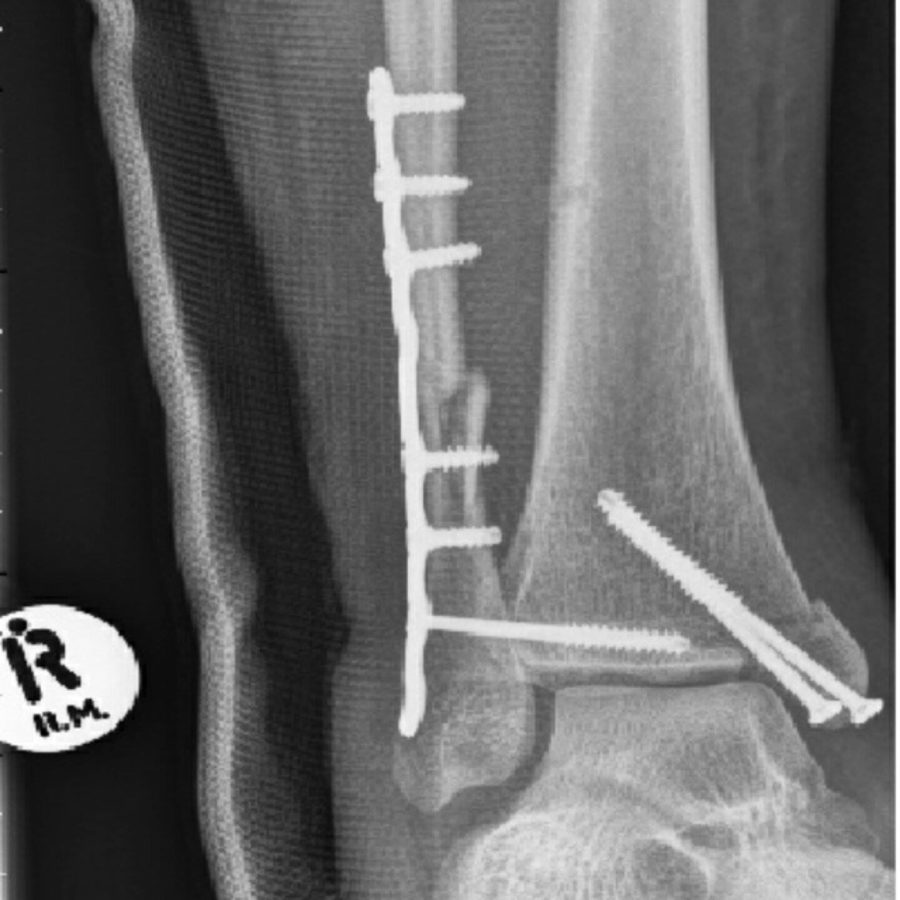Wear and Tear
If you’re a beginning whitewater kayaker, you can find everything you need for a good price. Keep an eye on classified pages in big kayaking towns like Boise, and soon enough you’ll find a full set of gear, lightly used, available for an incredible price.
If you start paddling whitewater, it’s very likely you’ll have a bad swim, one you’ll feel lucky you walked away from. Everyone should be aware of their own mortality, and how whitewater (or climbing, backcountry skiing, biking …) can snuff us in an instant. We accept we might have our close calls, but we’re willing to take the calculated risk.
It’s easy to say this while safe and comfortable indoors. But this sense of ease is disrupted after you take a bad swim, the kind where you have time to think about how long it’s been dark, and how long you haven’t been able to take a breath, maybe you see a hooded figure and the glint of steel on the riverbank. A skeletal hand holding a scythe. Here is where our dedication is proven. We knew this moment was inevitable. Now it’s over, and we decide, do we persist, or do we sell our gear as soon as we’re home and can keep our hands from shaking?
As much as I dislike near death experiences, most of mine have only left psychological scars, not physical. This is not true for everyone, I realize.
We can only die once, but there’s no limit to the number of times we can be injured. It’s not if or when, it’s how often and how severe. Most people need physical therapy and the emergency department at some point in their lives. Some of these adventure sports accelerate the wear and tear on our bodies, so we end up in physical therapy younger and in the emergency room more often.
Thus far, I’ve been lucky. Probably the most consequential wounds have been psychological. Many of my physical injuries have been the sort that grow back, not the soft tissue and joint injuries that may never fully recover. I’ve mostly avoided traumatic brain injuries, and the ones I haven’t were at metal shows. My ability to use my hands and feet is not impaired.
I haven’t escaped completely unscathed. My hips have scars from harnesses and pack belts. Oddly crinkled, scarred, and lacking proper sensation, my toes have suffered from cold, wetness, and neglect. One shoulder likes to complain about pretty much everything. Some people have lost limbs, or the ability to walk, move, or speak. I’m lucky.
To me, this just shows how important these activities truly are to us. We know weird things will happen to our bodies if we do what we love. Each scar, stitch, or surgery is a chance to reflect. Why do we do this, and is it worth it? Is it time to scale back, or maybe retire from the sport entirely?
Nobody can decide for you.


